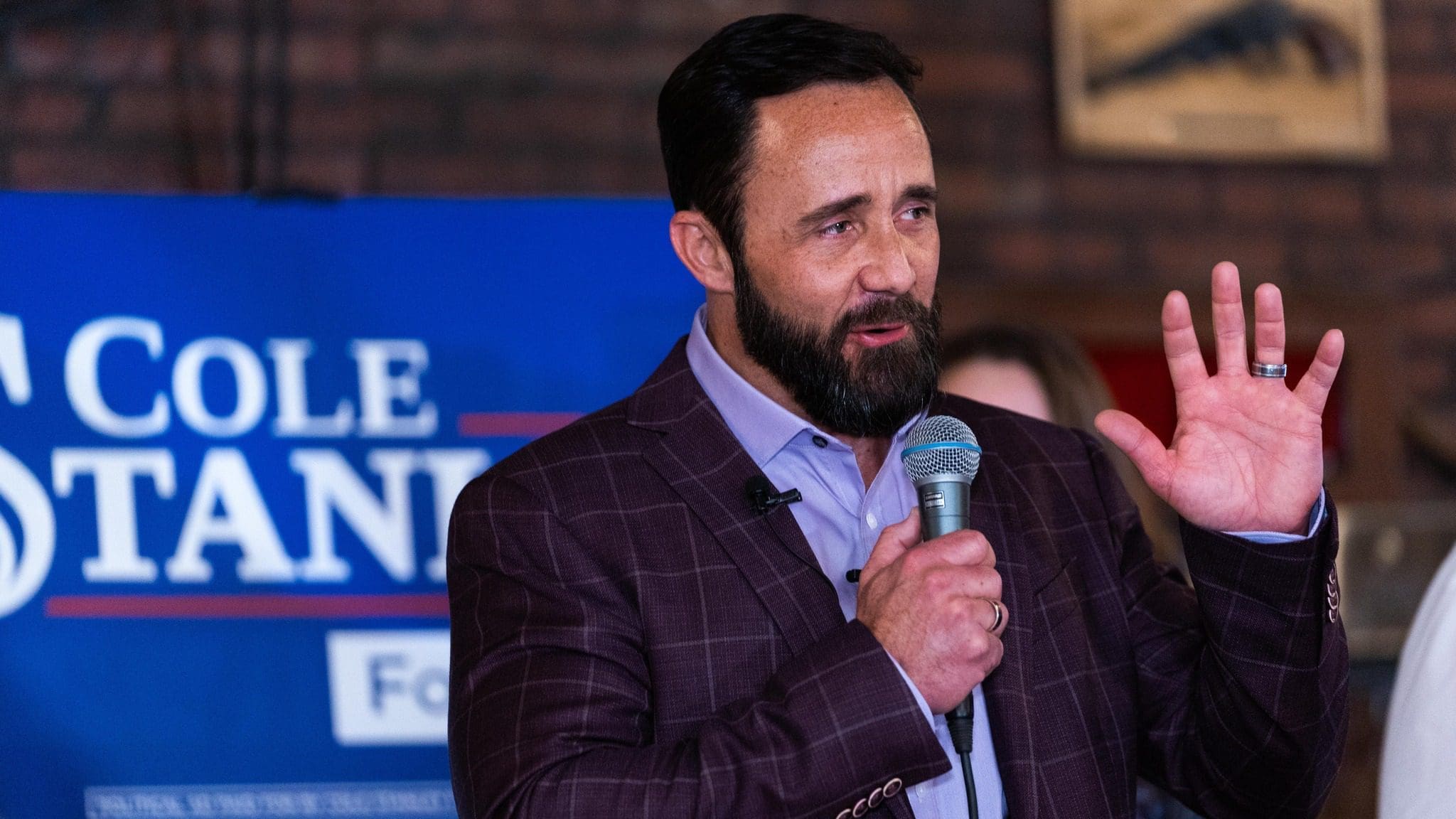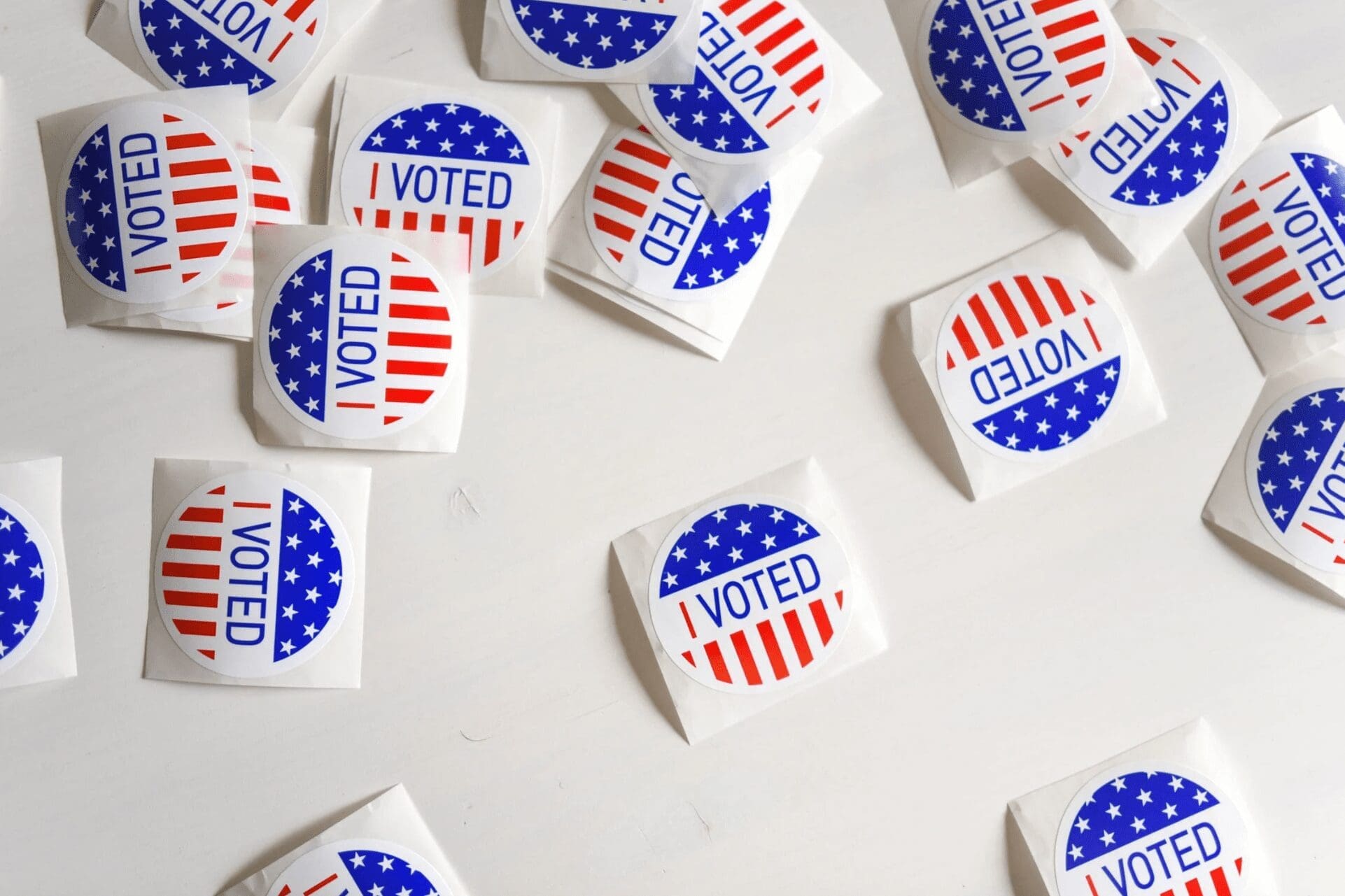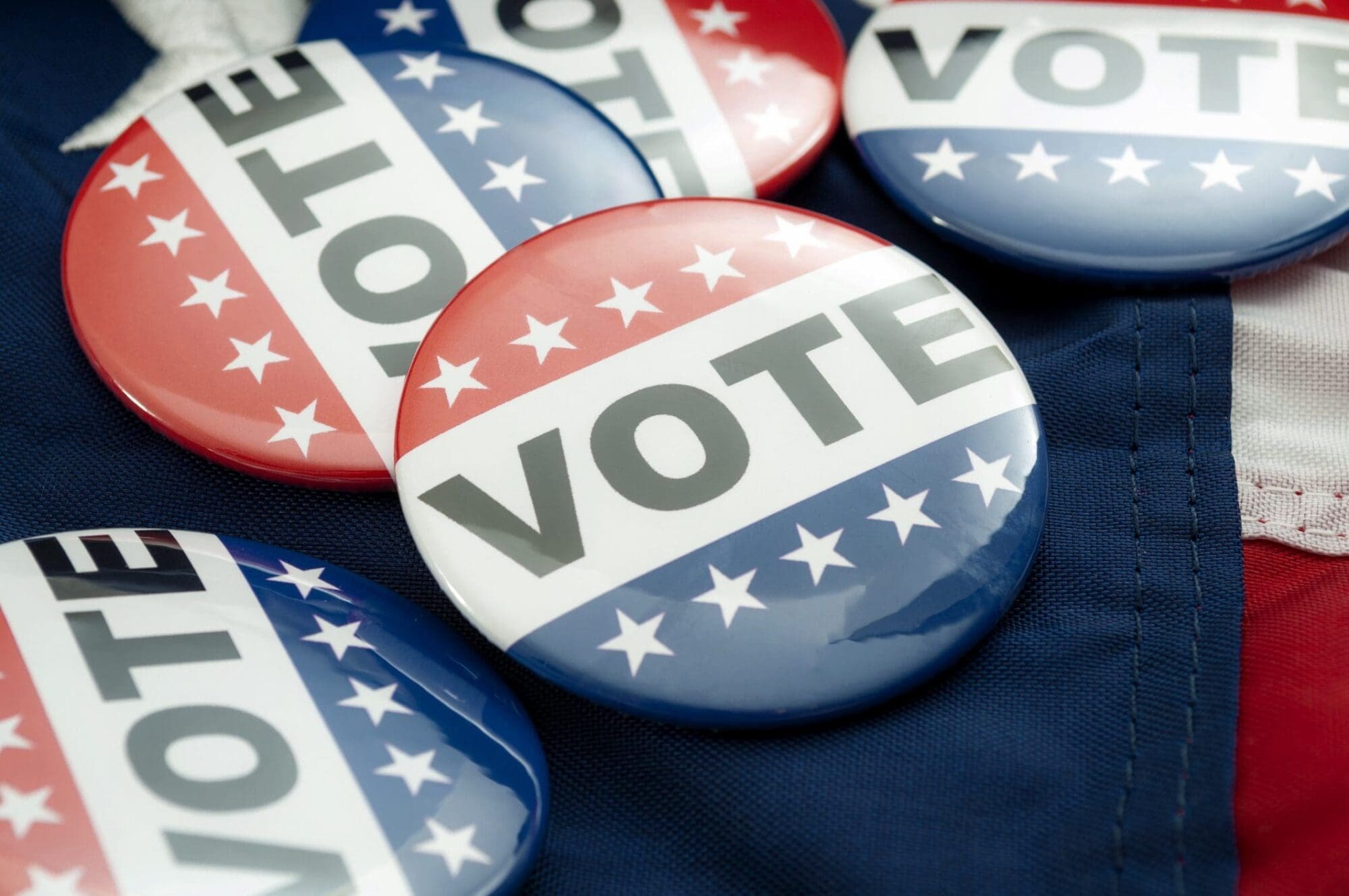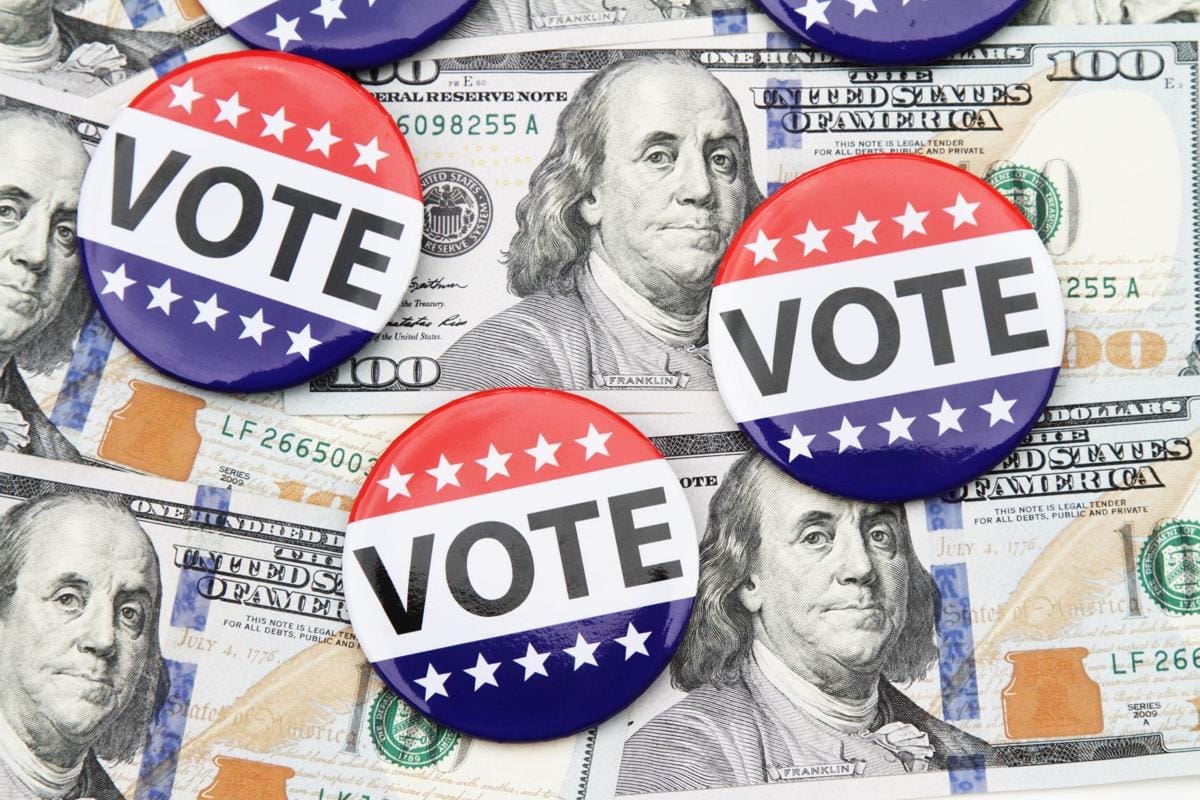Texas voters already burdened by crushing property tax bills approved billions in new school bond debt that must be repaid, with interest, through property taxes.
More than 100 Texas school districts put a combined $25 billion in school bond debt on the May 6 ballot.
A dozen districts sought voter approval for more than $500 million in new property tax-backed debt, while another four proposed bonds exceeding a billion dollars—double those amounts with interest included.
Only one, Godley Independent School District, failed.
By more than two to one, Godley ISD voters rejected an $889 million bond proposition that the district said was needed to accommodate a projected tripling of student enrollment in the next 8-10 years, from about 2,800 to 8,400 students.
With interest, Godley’s bond would have cost local taxpayers $1.79 billion—more than double the amount voters saw on the ballot.
The district’s taxpayer-funded bond marketing materials also hid the true cost of the bond spending from local voters.
Godley ISD Superintendent Rich Dear even used taxpayer resources to send a letter criticizing citizens raising concerns about the bond, claiming they were “spreading misinformation.”
One of the residents who actively campaigned against the bond, Kayla Lain, won election to the Godley ISD school board.
Yet Godley was an outlier.
In the other 15 school districts asking to spend in excess of half a billion dollars, local voters approved all or most of the bond propositions on their ballots.
Northwest ISD passed all three of the propositions in its bond package—the largest in the state at $1.99 billion ($3.6 billion with interest). District property taxpayers are already on the hook for $2.3 billion in district debt.
Denton ISD voters approved two bonds totaling $1.4 billion ($3 billion with interest) but rejected a $5 million bond to renovate athletic facilities. The district currently owes $1.9 billion in property tax-backed debt.
Fort Bend ISD passed all three of the bonds in its $1.3 billion package ($2.6 billion with interest). The district already owes $2.3 billion in outstanding debt principal and interest.
Garland ISD voters approved all three bond propositions on their ballots, totaling $1.3 billion in new debt-financed spending ($2.4 billion with interest). Local taxpayers are already on the hook for $542 million in district debt.
Eleven other school districts also passed bond packages exceeding half a billion dollars in principal:
- Carrollton-Farmer’s Branch ISD — one bond totaling $716 million
- Crowley ISD — two of three bonds totaling $1.1 billion
- Comal ISD — two of three bonds totaling $588 million
- Hutto ISD – three bonds totaling $521 million
- Irving ISD — largest three of five bonds, totaling $666 million
- Leander ISD – three bonds totaling $763 million
- New Caney ISD — two bonds totaling $695 million
- Princeton ISD — one bond totaling $797 million
- Royse City ISD — two bonds totaling $863 million
- Sherman ISD — two bonds totaling $540 million
- Waxahachie ISD — three of four bonds totaling $575 million
Citizens in about a dozen districts organized opposition to school bonds on their May ballots. Three “It’s OK to Vote NO” campaigns succeeded, in Godley, Mabank, and Midlothian.
Turnout in the local bonds elections was generally low. In Princeton ISD, for example, just 899 voters (597-302) made the decision to impose a total of $1.8 billion in new debt principal and interest on all local property taxpayers, on top of the district’s current $655 million in debt.
Texas school districts currently owe $104 billion in outstanding debt that local residents are obligated repay with their property taxes.





